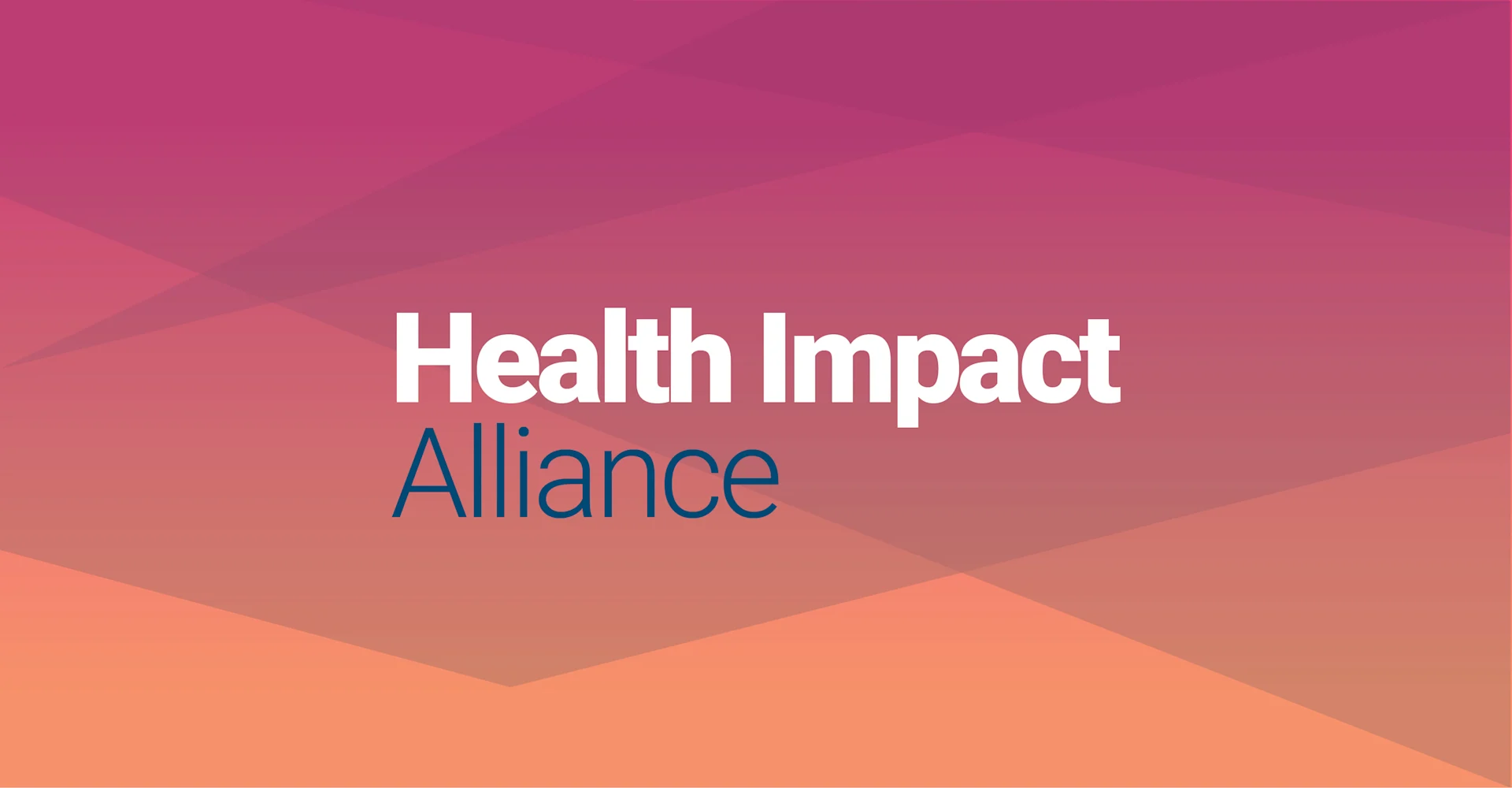Aligning anchor mission strategies with health system strategic priorities offers pathways to financial sustainability, but many systems struggle to operationalize this connection. This roundtable explores trends in health system finance executives' budgeting and financial outlooks amid shifting pressures and offers insights on evolving anchor mission strategies through place-based investing and impact workforce strategies.
Session Takeaways
Expert Perspective Takeaways:
(Mikelle Moore, Co-Founder & Principal, Multiplier Advisors and Dave Zuckerman, President & Founder, Healthcare Anchor Network)
Strategic "Re-Allocation" Creates Opportunities Amid Financial Pressure: As systems shift to a targeted service line expansion (e.g., cardiovascular, oncology) as well as expanding their ambulatory footprint, there is opportunity for health equity leaders to strategically align and create value with those leading the charge on these efforts.
Anchor Strategy Remains Viable Through Mission-Business Alignment: Intermountain Health and Dartmouth Health sustained affordable housing investments by demonstrating operational returns including community relationships, workforce retention, and reduced uncompensated care.
Place-based Investing Leverages Existing Resources to Address Root Causes: The Health Anchor Network’s 1% allocation model uses low-interest loans and partnerships to fill community financing gaps, advancing community trust and addressing social needs.
Breakout Room Takeaways
Align Investments with Organizational Pain Points, Not Just Mission: Anchor strategies gain traction when they directly address operational challenges. Rather than being positioned as a community benefit initiative, Dartmouth Health’s housing investment aimed to solve a workforce recruitment crisis.
Medicaid Reform Demands Proactive Community Partnership Strategy: With 57% of health systems unprepared for Medicaid cuts and an expected rise in uncompensated care costs, partnerships with FQHCs and community providers are key to lower-cost care pathways.
Shift ROI Metrics to “Return on Health” for Community Investments: Reframing health equity programs around workforce pipeline development, housing stability enabling recruitment, and population health initiatives reducing uncompensated care is proving more effective with CFOs than purely financial ROI calculations.
